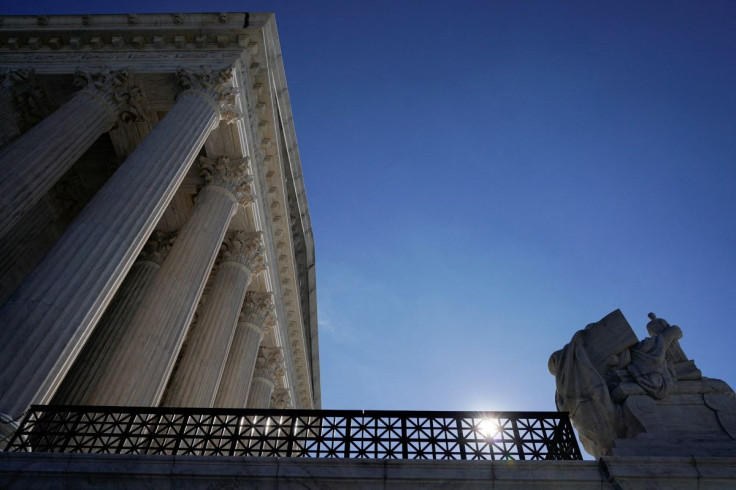U.S. Supreme Court Takes Up Dispute Over Native American Adoption Law

The U.S. Supreme Court on Monday agreed to resolve a dispute over the legality of decades-old federal requirements that give Native American families priority to adopt Native American children in a challenge pursued by a group of non-Native adoptive families and the state of Texas.
The justices will review lower court decisions that declared several key parts of the Indian Child Welfare Act of 1978 unconstitutional. President Joe Biden's administration and several Native American tribes are defending the law, which aims to reinforce tribal connections by placing Native American children with relatives or within their communities.
The U.S. Congress passed the 1978 law in response to concern over child welfare practices that had resulted in the separation of large numbers of Native American children from their families through adoption or foster placement, usually in non-Native American homes. Tribes and Native American advocacy groups have maintained that the child welfare law helps preserve their culture and family connections.
The law set federal standards for removing children from their families and placing them for foster care or adoption, including requiring that "preference" be given to members of a child's extended family, other tribe members or "other Indian families."
The plaintiffs in the case are three couples who sought to adopt or foster Native American children - Jennifer and Chad Brackeen, Nick and Heather Libretti, and Jason and Danielle Clifford - as well as Altagracia Socorro Hernandez, whose Native American biological child was adopted by the Librettis. They sued in federal court in Texas in 2018 alongside the states of Texas, Louisiana and Indiana.
Among other claims, the plaintiffs said the statute racially discriminates against non-Native Americans, violating the Constitution's Fifth Amendment guarantee of equal protection under the law, and that it unconstitutionally directs the actions of state agencies in adoption matters. A federal judge ruled favor of the challengers on both claims in 2018.
In a 325-page ruling last April, 16 judges sitting on the New Orleans-based 5th U.S. Circuit Court of Appeals narrowed the judge's ruling, but affirmed the invalidation of certain parts of the law either by a majority vote or by an equally divided 8-8 margin.
That ruling led to four appeals filed at the Supreme Court, including by the Biden administration and four Native American tribes to defend the law, and by Texas and the adoptive families challenging certain aspects of the 5th Circuit's ruling.
The federal government said in legal papers that although the law has stemmed the widespread separation of Native American children from their families they are still more likely to be removed than other children.
Texas said the law forces upon the state a child custody regime based on race and that "the high numbers of adoptions and fostering of Indian children are often a sign, not the cause, of the high risk of neglect, violence, gang activity, drug abuse, alcoholism and suicide among Indian children."
The case is due to be heard during the court's next term, which begins in October, with a ruling due by June 2023.
© Copyright Thomson Reuters 2024. All rights reserved.





















